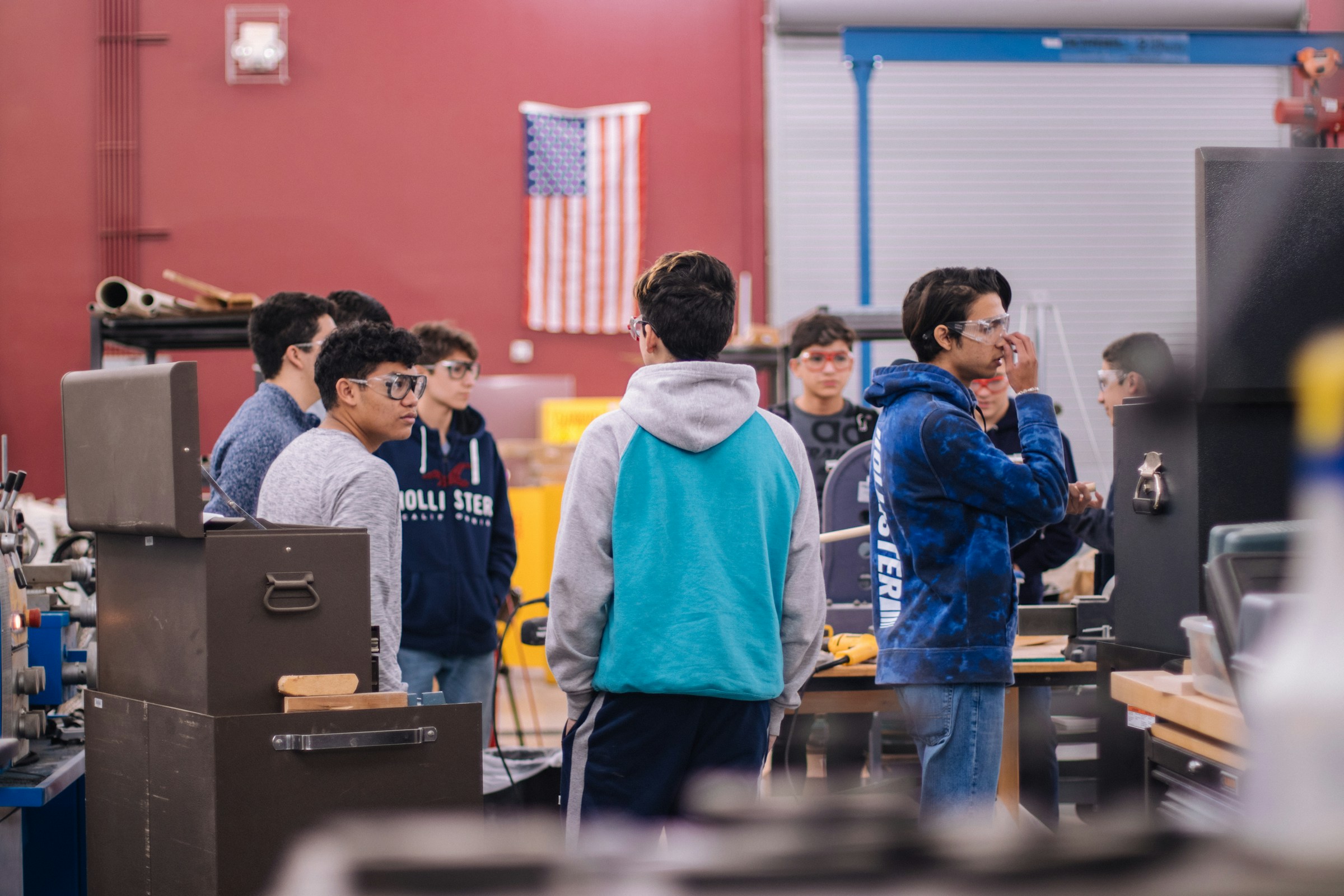
If you’re thinking about applying to top universities in the US or UK, you’ve probably heard a lot about extracurriculars. Some people say you need a list of ten different activities. Others say they barely matter. It’s no wonder it gets confusing, especially when many countries’ own system focuses almost entirely on high school grades.
Here’s the truth: extracurricular activities play a very different role depending on where you’re applying. In the US, they’re a major part of the application. In the UK, they’re often treated as a nice bonus, but not a key factor unless they’re directly related to your subject. Understanding these differences is essential if you want to make smart, strategic decisions about how you spend your time.
Let’s break it down.
The US Wants to Know Who You Are Outside the Classroom
In the United States, universities don’t just look at your marks. They use something called a “holistic admissions” process. This means they consider a combination of your academics, test scores, essays, recommendations, and your extracurricular involvement. Admissions officers are building a community, not just a classroom. They want to know what kind of roommate, teammate or leader you’ll be. What will you bring to campus beyond grades?
This is where your extracurriculars come in. On the Common App, which most US universities use, you can list up to ten activities. These could include school clubs, sports, music, volunteer work, part-time jobs, or anything else meaningful. But just listing ten things isn’t the goal. They’re looking for depth, impact and consistency.
A student who’s spent three years growing a school environmental group, led a successful campaign, and mentored younger students will stand out more than someone who briefly joined eight different clubs.
That said, not everything needs to be groundbreaking. What matters is what each activity says about you. Have you shown leadership? Passion? Initiative? Have you made a difference? Even working at Woolies during school holidays can speak volumes if you’ve taken responsibility, worked hard and grown from it.
The US system is also flexible about what kind of activities you include. Some students have success with traditional areas like debating or sport. Others might be passionate about coding, photography, writing, or even running a niche podcast. It’s about who you are and what you care about.
The UK Prioritises Academic Depth
In the UK, the focus is very different. When you apply to a UK university through UCAS, you are applying for a specific course. That means admissions officers want to see that you are passionate about and prepared for that course. They are not trying to assess your personality or leadership potential. They are trying to determine whether you’re ready to study that subject at a high level.
This is why the concept of “super-curriculars” is so important for UK applications. Super-curriculars are activities that take your academic interest beyond the classroom. For example, if you want to study physics, reading research papers, doing extra experiments at home, or entering a science competition would count. But playing cricket or learning piano wouldn’t make much of a difference unless you can connect it directly to your academic growth.
UK personal statements are around 500–600 words and should focus almost entirely on your academic interest in the subject. A small mention of extracurriculars might be fine if they show transferable skills like discipline or time management, but they should never distract from the main story. A student applying for economics who’s taken part in an Economics Olympiad or written a blog analysing financial markets will impress. One who plays three instruments and captains a soccer team, but shows no academic curiosity about their course, will not.
Choosing Activities Based on Effort vs Impact
One of the most common questions students ask is: what kind of extracurriculars are worth doing?
The short answer is that it depends on the payoff. You want to aim for the best results possible using your existing strengths and the time you have. If you’re someone who naturally excels in maths and could prepare for a competition like a National Maths Challenge in ten hours and do well, it could be a great use of your time. But if you’d need to spend hundreds of hours for a small chance at recognition, that time might be better used somewhere else.
The same applies to high-effort projects like starting a non-profit. While these can be impressive, they’re only worth it if you genuinely care about the cause and can pull it off. If not, simpler projects with clearer outcomes might have more impact. Running a school-wide fundraiser or tutoring other students can still demonstrate leadership, initiative, and a sense of purpose.
Consistency also matters. Sticking with one or two core activities over time is usually more powerful than trying everything once. Whether it’s music, debating, a language, or volunteering, showing progression and increasing responsibility gives your application a clear narrative.
For students applying to both the US and UK, there’s often a smart middle ground. Activities like writing research essays, joining subject-specific clubs, or attending academic summer programs can strengthen both types of applications. They count as super-curriculars for the UK and demonstrate academic initiative for the US.
Focus on What Reflects You
There’s no secret list of activities that guarantees success. What matters is that your extracurriculars reflect who you are. They should tell a story about your interests, your character, and your growth. If you’re unsure whether an activity is worth continuing, ask yourself: is this helping me build a skill, express a passion, or contribute to something bigger than myself?
Try not to get caught up in comparisons. Some students will have more resources or support than others. Admissions officers understand that. They are not expecting perfection. They are looking for potential, authenticity, and effort.
If you’re feeling overwhelmed, that’s normal. Planning your extracurriculars can be tricky, especially if you’re applying overseas. But the good news is that with a little strategy, you can create a powerful story from the things you’re already doing.
Need Help?
At Ed Carpet, we help international students make sense of the US and UK application systems. If you’re wondering how to build a strong extracurricular profile or just want some advice on where to focus your time, we’d love to help.
Book a free consultation today and we can work with you to map out a plan that fits your strengths, interests, and goals. Whether you’re in Year 9 or Year 12, there’s always time to make the most of what you do outside the classroom.
Related Posts
Why Don’t More Australians Study Overseas?
Studying at a top university in the US or UK can open doors to incredible opportunities. Yet, despite the prestige, career benefits, and life-changing experiences that come with studying abroad, relatively few Australian students take this path. In fact, we estimate that approximately 0.25% of Australian high school graduates choose to study their undergraduate degree […]
Read MoreWhy Start Your University Prep in Year 9?
Applying to universities in the US and UK isn’t quite the same as putting together your university preferences in Australia. While Australian university admissions primarily focus on your ATAR, overseas applications require a more comprehensive approach that showcases years of achievement, involvement and personal growth. That’s why starting your preparation as early as Year 9 […]
Read MoreWhat Are the 8 Ivy League Universities?
For many students dreaming of studying in the United States, the term “Ivy League” represents the pinnacle of academic excellence. But what exactly are the Ivy League universities, and what makes each one unique? Let’s explore these prestigious institutions. First, it’s worth noting that the term “Ivy League” originally referred to an athletic conference of […]
Read More



